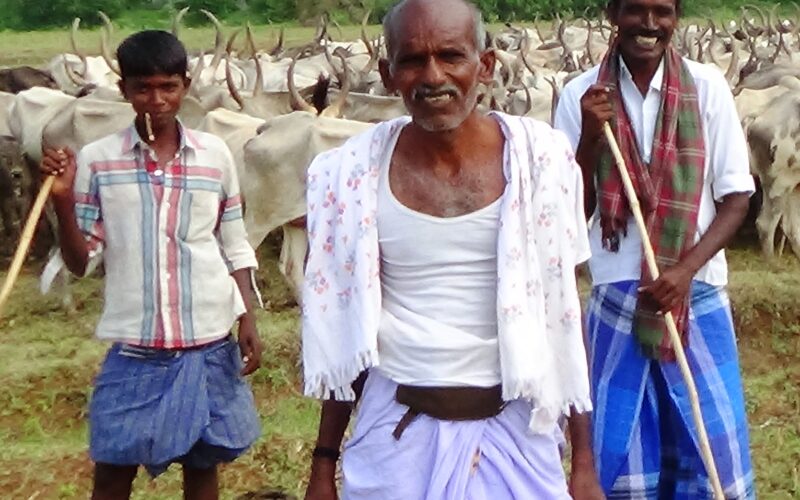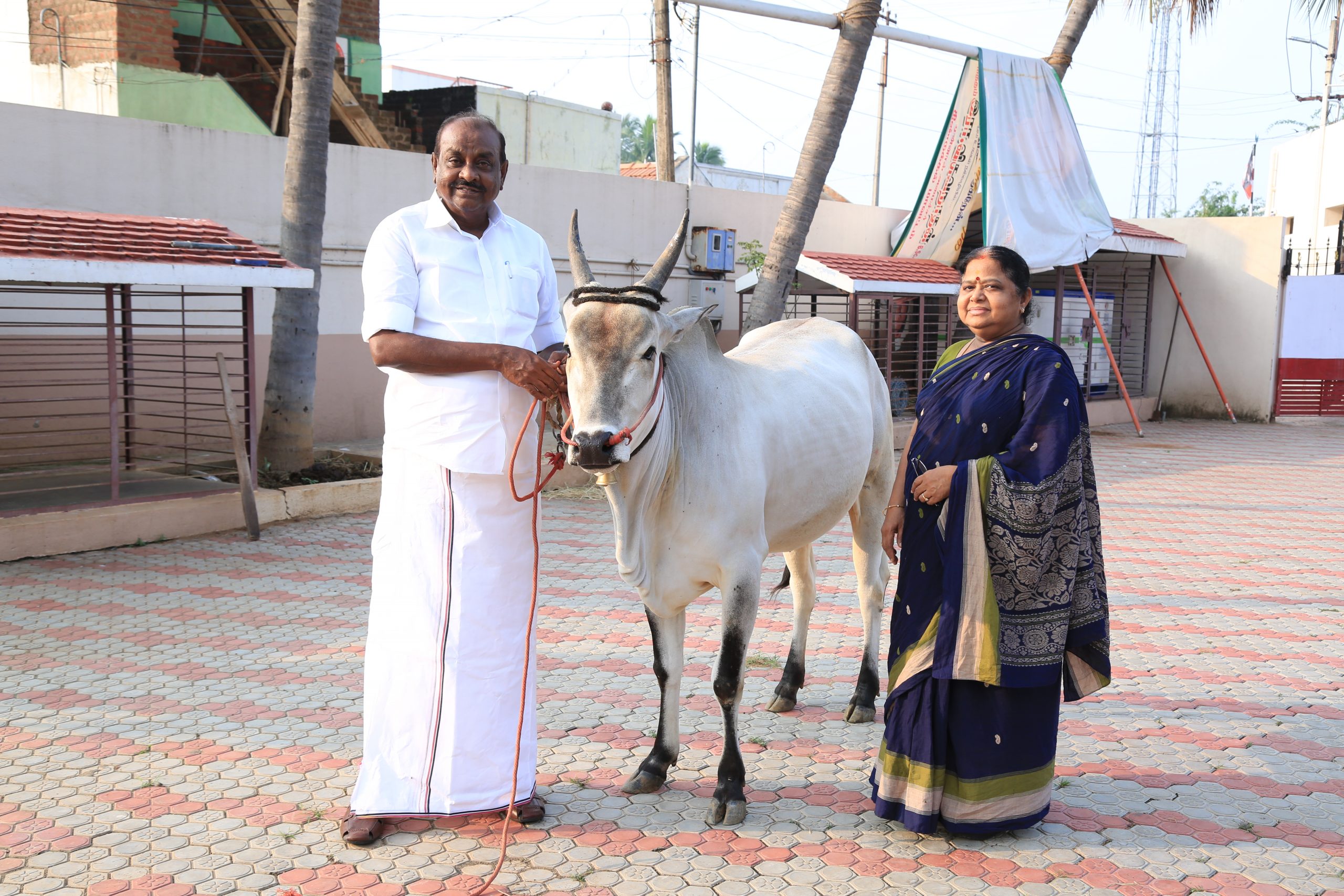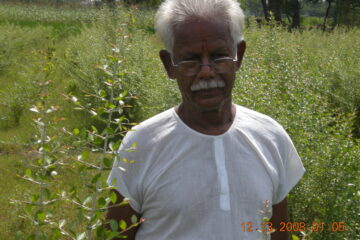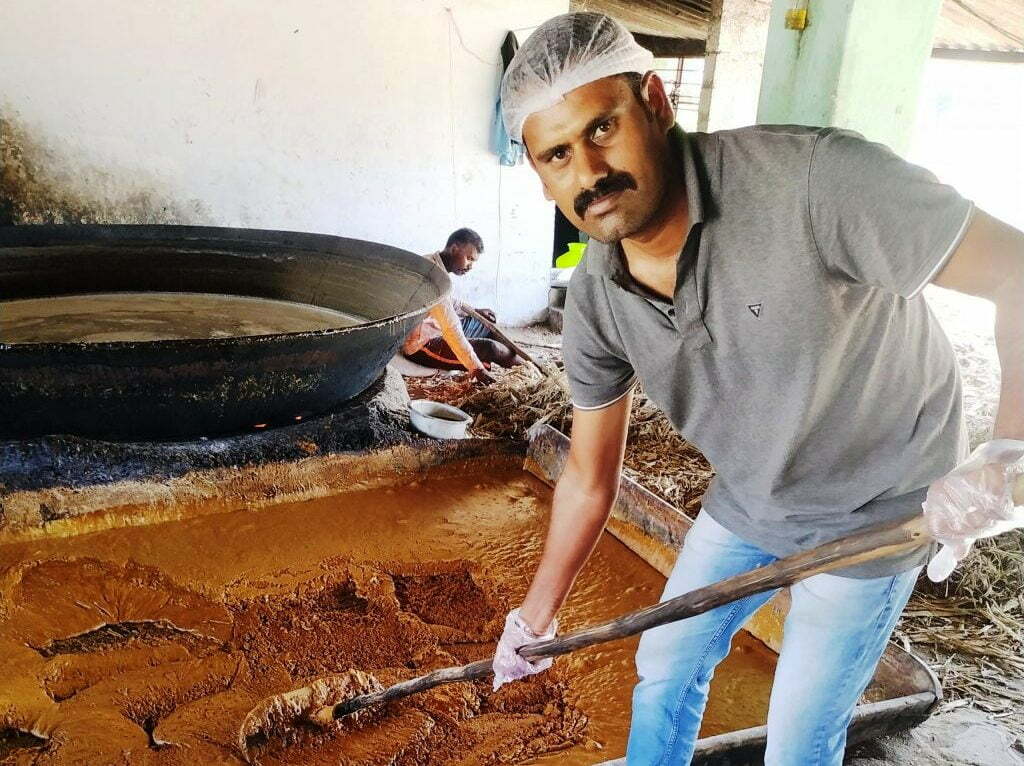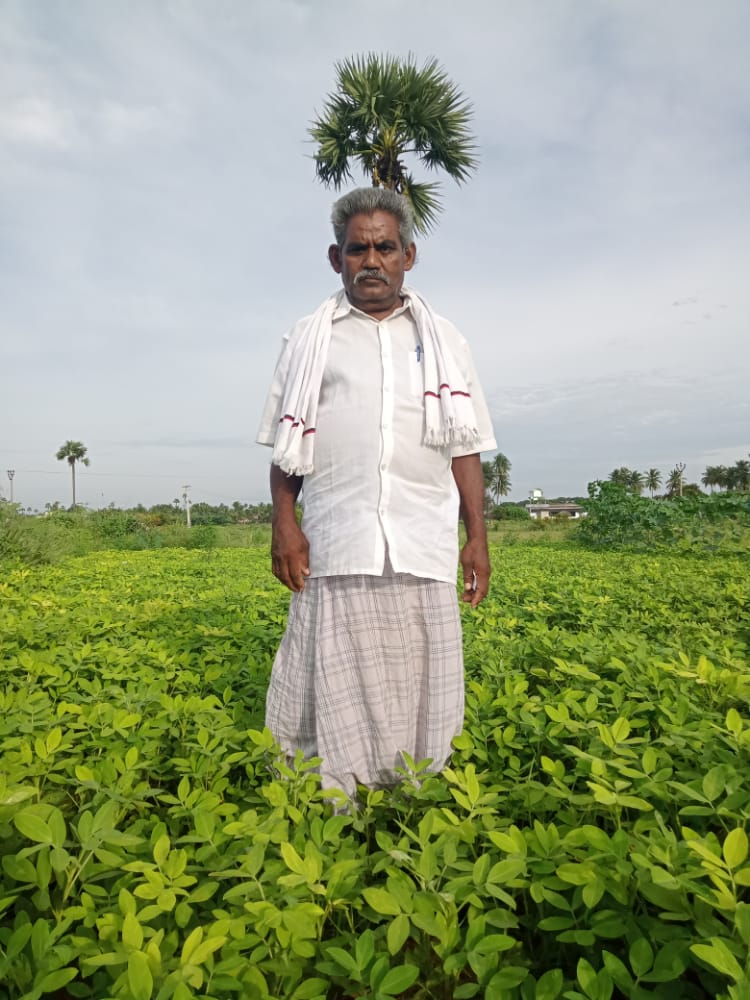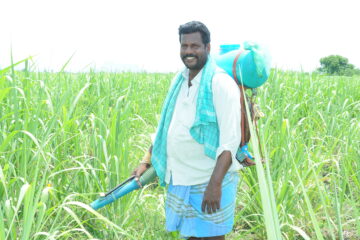Published in May 2017
The Tamil people, known for their high cultural values and deep compassion, have always extended their kindness beyond humans to all living beings. They have lived in harmony with animals like cows, goats, chickens, dogs, and cats, treating them as part of their family and celebrating their existence.
Integral to Agriculture
Tamil farmers have always been closely linked with agriculture, nurturing their crops with great care. This love and care for plants are reflected in the songs of Vallalar Swamigal, who lamented over wilting crops. Beyond plants, the Tamils have shown deep affection and reverence for animals, treating them with utmost respect and care.
Cherished Livestock
Every household in Tamil Nadu, especially in rural areas, had cows, goats, and chickens, essential for both farming and household needs. Cows were specifically valued for their milk and dung, which were vital for farming. Large farms housed numerous cows, referred to as “working cows.”
When local fodder was insufficient, these cows were taken to areas with available fodder, staying overnight in fields and enriching the soil with their dung and urine. This practice was known as “kidayamarthal,” where cows were kept in fields to fertilize the soil, ensuring fertile land for the next crop season. This traditional method maintained soil fertility.
Modern Challenges
However, scientific advancements and changes in agricultural practices have sidelined both livestock and organic fertilizers. Modern machinery can now accomplish what took days in just a few hours, and chemical fertilizers are used in place of natural manure.
Due to these changes, many traditional farming practices and the associated livestock have become redundant. Additionally, the declining rainfall and increasing drought conditions have made it difficult for farmers to maintain large herds of cattle. Government restrictions on grazing in hills and commons have further compounded the issue.
As a result, many farmers are forced to sell their cattle, unable to sustain them. The once common sight of “kidayamarthal” has become rare, and traditional cattle rearing is facing severe challenges.
Preserving Tradition
In light of these challenges, we visited the village of Viruveedu in Dindigul district, where traditional cattle rearing still persists. We spoke to Pichai, who continues to care for a large herd of cows.
How do you manage to maintain such a large herd of cows?
“It’s not easy. Grazing these cows involves a lot of hard work, especially in the absence of regular farming. We have to travel long distances in search of fodder. Once the grazing is done, finding a place to shelter them in the evening becomes a problem. In the past, farmers would compete to invite us to fertilize their fields with our cattle. This provided a livelihood for our families. But now, with the lack of rain and farming, there are very few requests for such services. This makes it very difficult to maintain these cows.”
What about your income?
“There’s no income without farming. We were needed when fields required fertilization. Now, very few farmers invite us for this purpose. Even without income, we cannot abandon these cows. They are our heritage, passed down through generations. We continue to care for them, despite the challenges.”
What about milk? Can’t you sell the milk?
“We don’t sell milk. If a child needs milk, we give it for free. Otherwise, the calves drink it.”
Are all these cows yours?
“No, the cows belong to four or five families. We all work together to take care of them. We have around 700 cows, including some dedicated to local deities. We raise them collectively.”
How do you manage to look after your family?
“We take turns going home. We find food wherever we go.”
Have you ever thought of selling the cows and doing something else?
“How could we? These cows are our deities. We live with them. We cannot abandon them for anything. Taking care of them is our life’s mission. Now, we must go and graze them before it gets too hot.”
A Call to Preserve
Traditional cattle, referred to as “kidayam” or “working cows,” are a symbol of our heritage. Preserving them is crucial to maintaining the cultural identity of Tamil Nadu. Despite numerous challenges, those who continue to care for these cattle are safeguarding an ancient way of life. It is the responsibility of both the Tamil people and the Tamil Nadu government to support and preserve these traditional practices.
Pasumai

